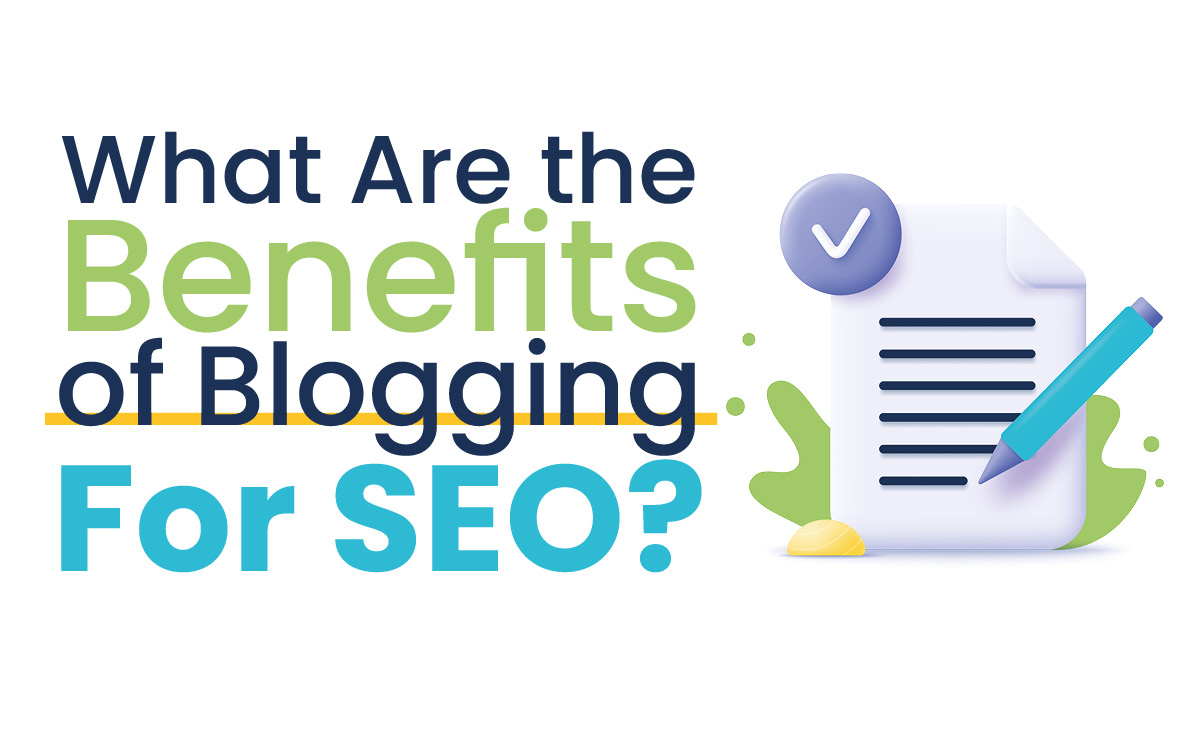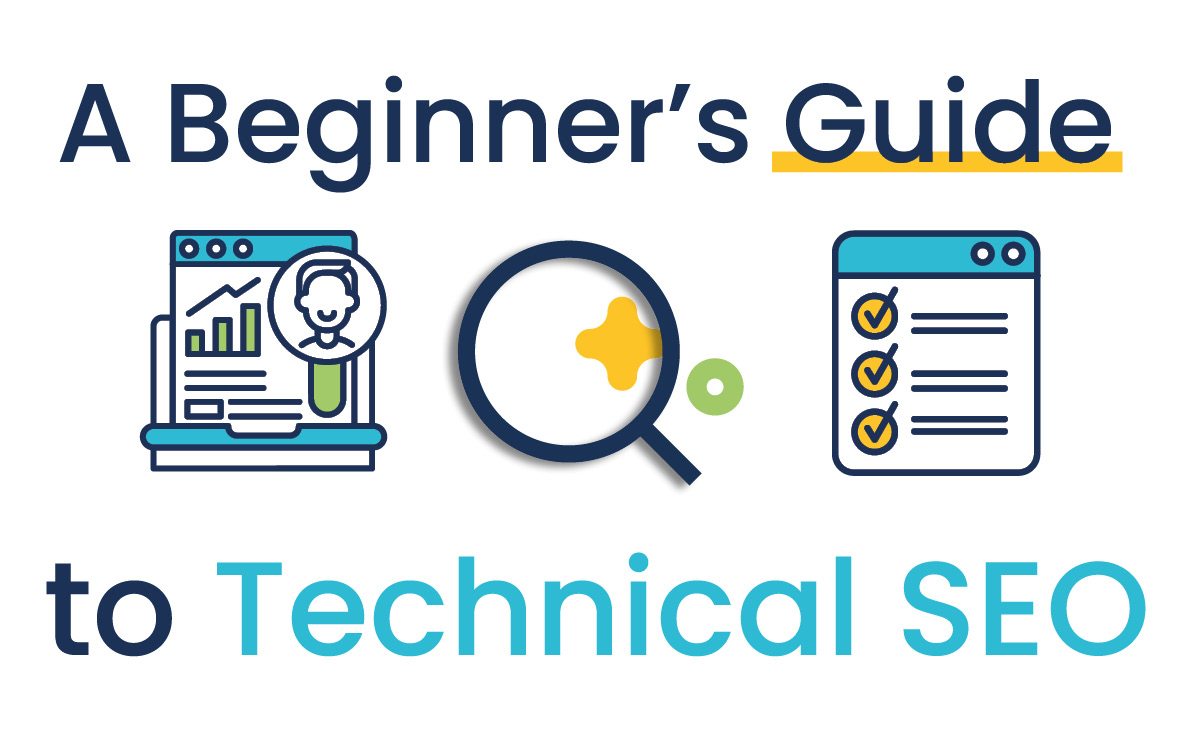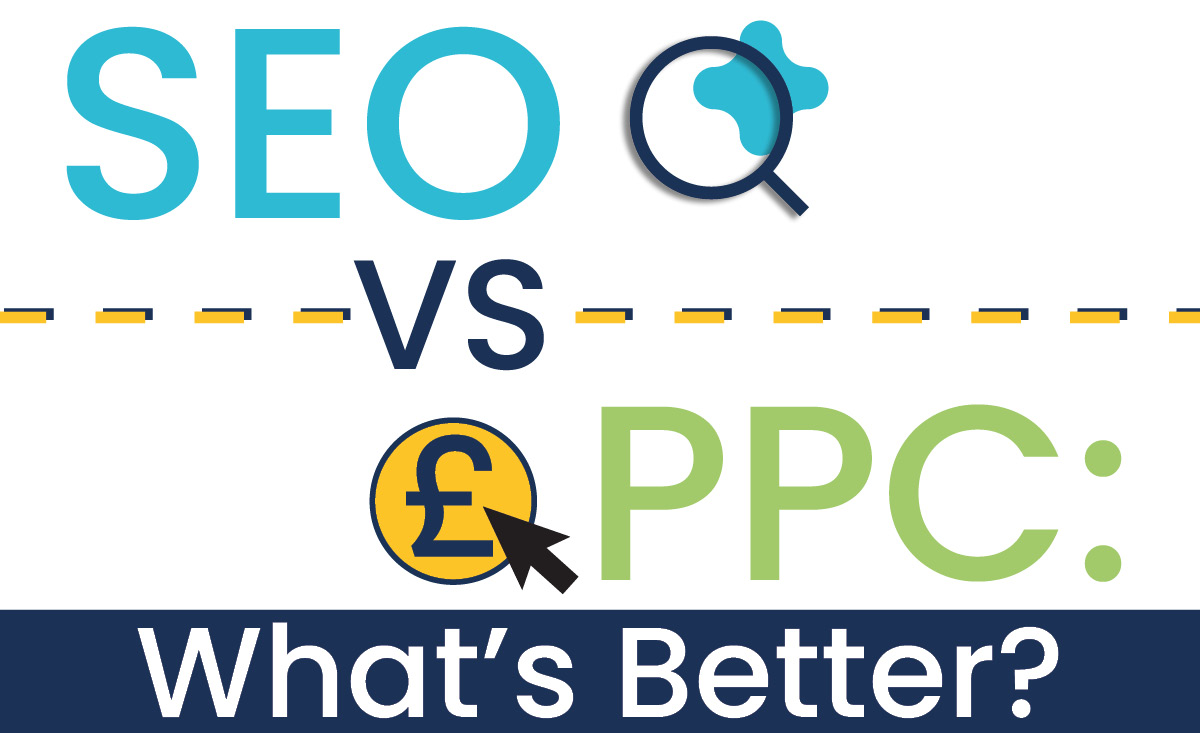.jpg)
Search engine optimisation, or SEO for short, is anything you do to improve your website’s visibility on search engines.
More...

When you blog for SEO, your main aim should be to create and update a blog that improves your search engine rankings for certain keywords. To do this, you will have to conduct keyword research, build links, optimise images, and write compelling and engaging content.
All of this sounds like a lot of work, so what are the benefits of blogging for SEO?
More...

Spending time optimising your on-page SEO can help you rank higher in Google's search results, drive more traffic to your website, provide a better user experience & ultimately - encourage more people to convert! But what is "on-page SEO" and how can you use it to help your website perform better? We spoke to our team of SEO experts to find out. So, if you want to start making some noticeable improvements to your on-page SEO, just keep reading.
More...

Search engines receive billions of queries every day. SEO – or Search Engine Optimisation – is the process of driving traffic to a website by optimising its contents for a search engine.
When curating optimised content for your website, it’s important to make sure that your content is readable by both humans and search engines – they key to great SEO is finding that balance.
More...

SEO and PPC are two different methods for driving traffic to your website. Search engine optimisation (SEO) focuses on organically improving your website's visibility on Google and other search engines, whereas pay-per-click (PPC) advertising platforms like Google Ads and Microsoft Ads allow you to pay for a prominent spot on the search engine results page (SERP).
Both SEO and PPC have their individual benefits, but depending on the context and your business needs, it may make sense to prioritise one over the other.
More...